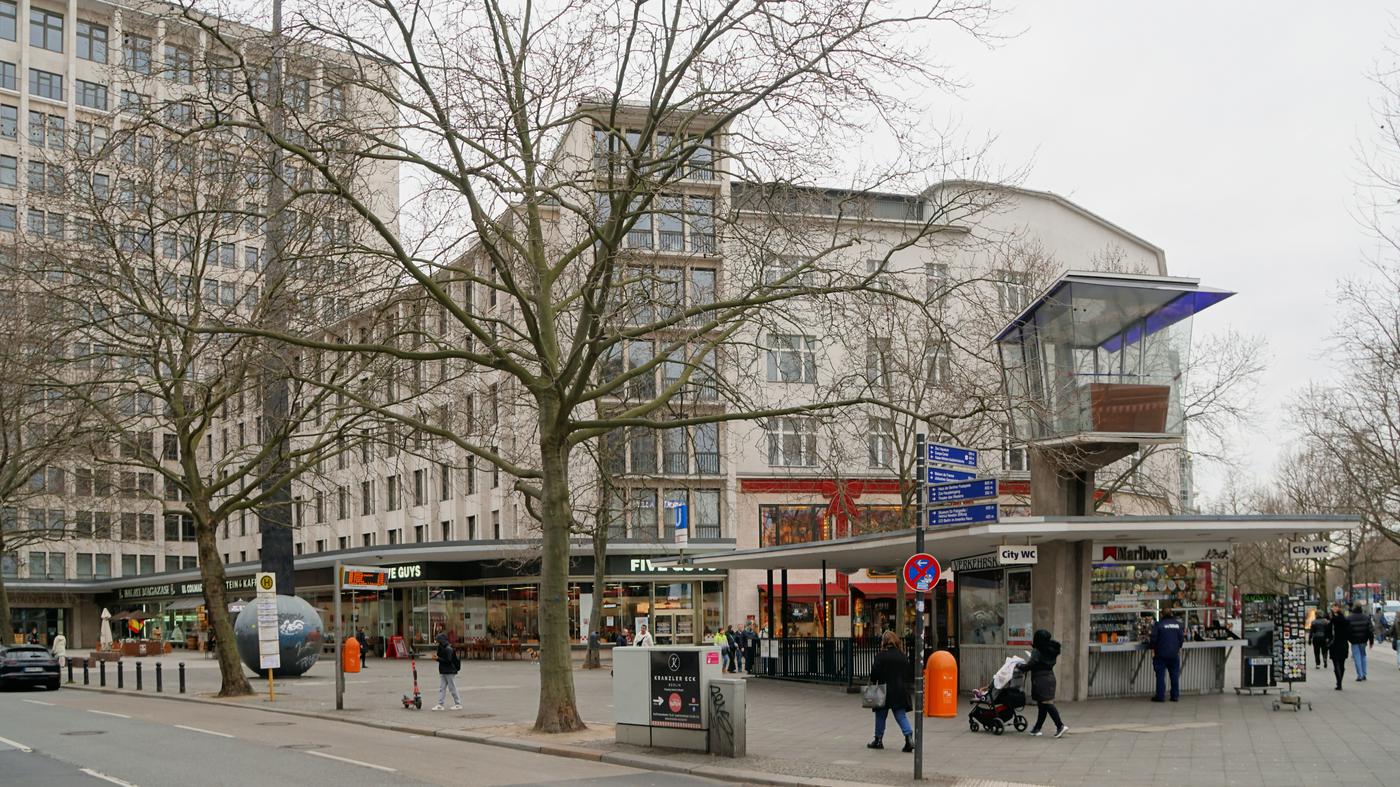The famous Prague V3S were more common in our army until 2007, when they began to be replaced by the modern flatbed Tatra 810 with a 6×6 drive. Today is 2023 and we know that more than 600 of these new models are already in service in the Czech army.
The Tatra 810 6×6 is already an established army vehicle
You may be asking why Tatra? On the one hand, the manufacturer met the requirements of the army in terms of technical and logistical parameters, and on the other hand, it is an established cooperation that has been working for years, and on top of that, it is a domestic manufacturer. Therefore, it is not unusual for the troops to use products of domestic production, if the companies in question can offer quality equipment.
Our flatbed hero with a sail is intended for carrying out transport tasks not only during training, but also during sharp actions such as natural disasters or open combat conflicts. Three soldiers can fit in the front (including the driver), while another 16 soldiers can sit on folding wooden benches in the back.
Well, the side bench can fit a total of 16 people
And when there is no human crew in the back, it is possible to use the flatbed for the transport of pallets with material, packaging, liquids in barrels or bags. Thanks to the built-in eyelets, the load can be fixed with the help of straps, while the floor of the flatbed is strong enough for forklift trucks and other manipulators to drive over it.
Heart from Renault
The car is equipped with a 6×6 drive, but not for the fun of rabbits. How many times does the army need to overcome difficult rugged terrain, ford watercourses at the limit of water resistance of aggregates or work with axle/inter-axle locks and central inflation of tire pressure on surfaces with low adhesion.
Soldiers don’t just have a six-wheeler, because they often operate in difficult terrain
In times of war, in addition to supply tasks, combat missions are added, where firing from the cabin of the vehicle with a gun mount, passive armored protection of the floor or the possibility of additional armoring of the front and sides of the cabin will come in handy.
An infested environment? No problem! The cabin can be hermetically sealed and a powerful filter ventilation can be put into action, so that the crew can also operate in places of industrial accidents or disasters. In addition, the car is built to easily handle complete decontamination using various chemical means.
The car’s cabin can be hermetically sealed and the air drawn in through the filter ventilation
Tatrovka has several anchor points and a SEAL SPH-80 type hydraulic winch with a 60 m long rope with a diameter of 12.5 mm for the recovery or removal of vehicles. It is worth mentioning that the model can tow a trailer with a maximum weight of 12 tons, which has an ABS system.
The six-wheel drive is set by a water-cooled Renault 7.14-liter straight-six diesel engine with an output of 177 kW at 2,300 rpm, which receives diesel from a 320-liter fuel tank.
The built-in main gearbox is from ZF, as is the reduction
The gearbox is controlled mechanically, has a total of twelve forward speeds, two reverse gears and a Renault dry single-plate clutch. There is also an intelligent torque divider or a ZF Steyer VG 750 two-stage reduction, electropneumatically shifted when stationary.
Multipurpose cabin
The folding Renault Midlum-type driver’s cab, resistant to mines and shrapnel from grenades, has undergone a specific modification for the army and will offer heating with dependent and independent heating as standard, or the possibility of retrofitting air conditioning.
The cabin is specifically adapted for the needs of the military
The adjustable driver’s seat is complemented by a side folding double seat with storage space, further inside we can find a communication link with the flatbed platform + light signaling, lighting, a lamp for reading maps, weapon holders, storage spaces or two 24-volt sockets.
In the cabin, for example, you can rest (for a short time) on the double seat, or operate the device indicating radioactive/chemical substances, the radio station or the CLÁRA night vision. The interior is large enough to transport 600 cartridges for the UK 59 machine gun or to place the OS-3 desalination kit and OR 3 solutions.
A hatch, behind which a carriage with a machine gun may be waiting for you
Due to its construction, the Tatra T 810-V is capable of year-round operation in the regions of Europe, South Central Asia or Central and East Africa. In practice, we are talking about functionality at ambient air temperatures in the range of -32 °C to +49 °C and at a relative air humidity of up to 78% at a temperature of +28 °C.
Like in a passenger car
We asked experienced driver Sergeant Pavel Smeták from the Rakovník Deployable Forces Support Battalion about the dynamic characteristics of the Tatra 810 6×6 in flatbed design. Compared to the V3S, he revealed that as capable as the car was, it didn’t have decent suspension or power steering, was somewhat difficult to drive and wasn’t allowed on the highway due to its design speed.
The Tatra 810 does not have a central support tube, but a ladder frame
The Tatrovka is completely different in terms of its safety, comfort, ergonomics, but also its equipment. Smeták also mentions the presence of basic things such as heating in the cabin or heating the body. He also praises the gearing, where the 810 does not need to give any intermediate gas, so it can basically be driven even by a recent holder of a group C driver’s license.
In addition, according to Smeták, driving is equivalent to traveling in a car, it is possible to drive and shift gears at the same time, there is cruise control or sufficient noise reduction. Also in the field, the driver has the shutter controls comfortably at hand and the control display in his field of vision. Last but not least, we must mention the presence of ABS, which is an absolutely essential element in the field of safe driving.
In addition, there is no need to solve emission standards for the military, which is why the engines of these military Tatra trucks do not have solid particle filters (DPF) or urea injection (AdBlue).
The successor of the Praga V3S, which began its activity with the army sometime in the 1950s, is better in every way and reflects the needs of the current army. It may happen that even today you will meet some military “soldier” still in service, but this will be more of an exception. The Tatra 810 6×6 rightfully took its place and has been paying more than adequate compensation since 2007.
| Specifications | Tatra 810 6×6 flatbed |
|---|---|
| Typ | T 810-V-1R0R26 13 177 6×6.IR |
| Motor | inline six-cylinder diesel engine |
| Typ | Renault DXi7 240 EC-01 |
| Volume | 7 145 ccm |
| Supercharging | turbocharger |
| Max. power | 177 kW (240.6 hp) at 2,300 rpm |
| Transmission | twelve-speed, manual |
| Typ | ZF 6S 1000 TO |
| Additional gearbox | two-stage, reducing |
| Typ | ZF Steyer VG 750 |
| Max. speed | 101 km/h |
| Driving range | up to 800 km |
| Combined consumption | 25l/100km |
| Length | 7 750 mm |
| Width | 2 550 mm |
| Height | 3 090 mm |
| light height | 400 mm |
| Front wheel track | 2 020 mm |
| Rear wheel track | 2 100 mm |
| Brodivost | 1 200 mm |
| Useful weight | 5 700 kg |
| total weight | 13 000 kg |


